Introduction
The audio-visual (AV) industry has grown drastically in the last few decades. And, as it did, content creation kept up. Adaptations have always been a part of the movie industry, but there have never been as many adaptations coming out at once as there are today. As more and more works come out, more adaptations are bound to come out too.
But why are adaptations that really work so rare?
The first season of The Last of Us was a successful case (the second season, though, not as much). As for Percy Jackson, it got mixed reviews, The Witcher became a lot worse as time went on quality-wise, Cowboy Bebop was cancelled, the Avatar: Legend of Aang Live-Action struggled with high expectations, and the icing on the cake: another Harry Potter adaptation is near, this time in serialized form.
After all, what is happening with all of these adaptations?
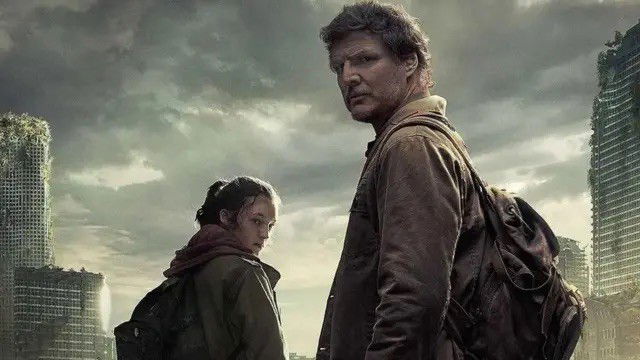
Megaproductions and Creative Exhaustion
As we mentioned above, mass production impacted this market directly. Besides the ever-growing demand for new content, the final cuts need to be better, more successful, and profitable.
The main concern was no longer creating something that could stand on its own but rather being "truthful to the original source" or how "commercial" the new adaptation is.
It's sad to see this idea dominating this market, considering most successful adaptations dared to show the original stories through a new lens and found their own singular identity. That happened with Peter Jackson's The Lord of the Rings, for instance, or David Fincher's Fight Club, and even with the first Harry Potter movies.
Being accurate to the original source doesn't always guarantee quality. We already learned from old movies that adaptations (and movies and TV shows overall) need to find their own voice to shine.
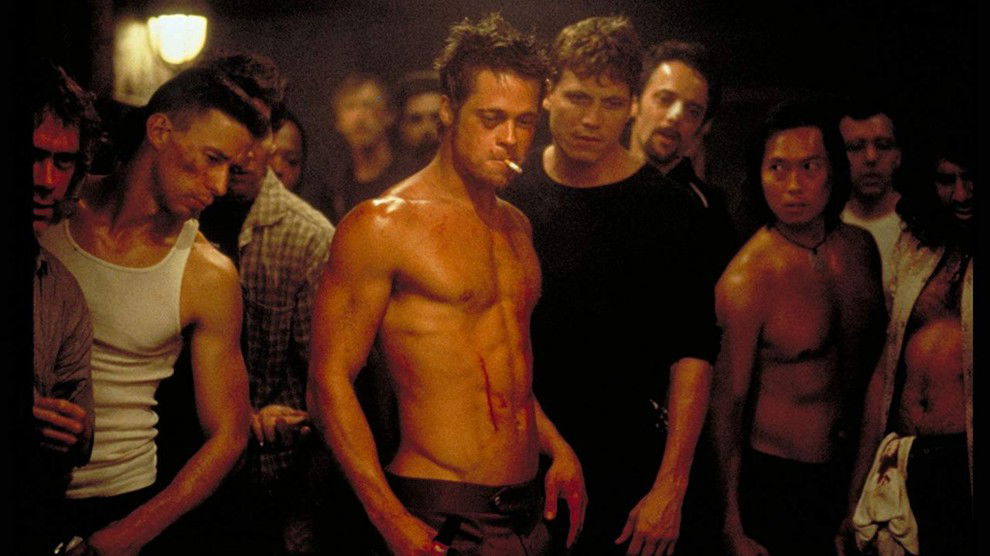
IPs: Adaptations as Merchandise?
IPs ("Intellectual Properties") are the big product movie studios and streaming services profit on. The single most important thing, even more important than the work itself, is the "intellectual property" tied to it. This means every original doll, t-shirt, or cap featuring anything related to that work will make a profit directly for whoever owns that intellectual property. And these people get to decide what will be done for that work, including merchandise and new adaptations.
These decisions are now being made based on data and not on artistic vision because the products must somehow make a profit. By looking back to previous successful works, we ended up exactly where we are now: the age of repetition.
Reboots, remakes, prequels, and spin-offs are a way to prolong and extract as much as possible out of each franchise. It's how it becomes as profitable as it possibly can be.
The fear of getting it wrong kills bold reimaginings. If everything is tested, approved, and shaped by the algorithm, what's left of art?
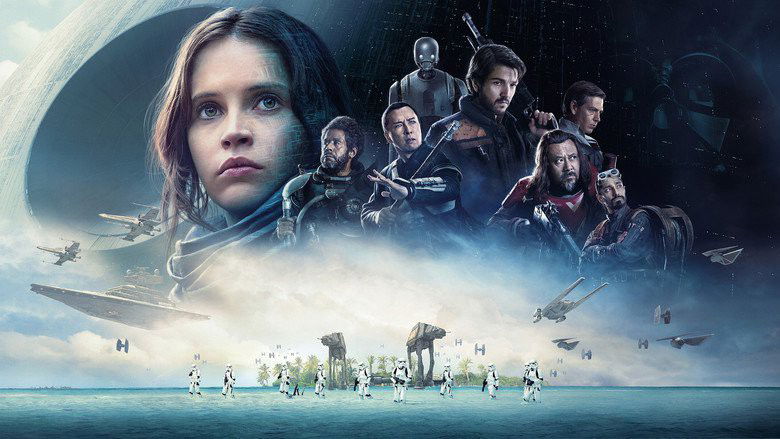
Public Reception and Toxic Nostalgia
Immersed in the era of repetition, the public split into ressentment and high expectations. Partly because rewatching your favorite piece of media again and again, updated or longer, often seems like a great idea, but often enough it is just a vain attempt to taste something that will never be the same again.
In the age of connectivity, fan communities also gained more power. Seeing their favorite piece of media on the screen is a common wish for fans, and this niche could be quite lucrative, but where does the average viewer that just wants to see a good movie stand?
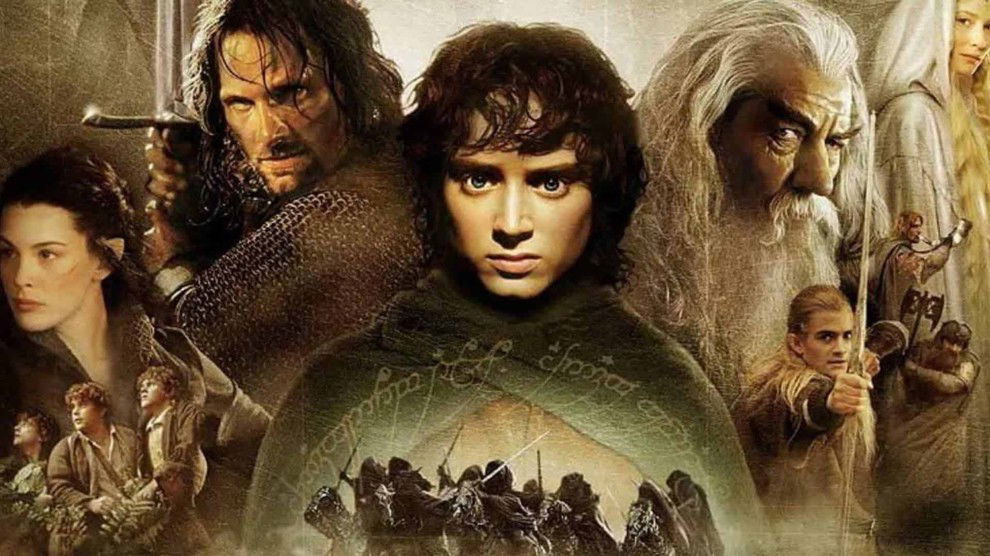
Adaptation or Transposition? The Language Crisis
Many current projects can't see the difference between an "adaptation" and a "literal transposition".
By trying to copy the original source scene by scene (from games or books), these works scoff at the chance to reimagine that particular work in an audiovisual language that has its own sense of time, rhythm, visuals, and silence.
The first season of The Last of Us was only that successful because, despite remaining faithful to the original material for the most part, it took some creative liberties. As for adaptations like Cowboy Bebop, they show that just copying styles without understanding the actual core of a certain work often results in something meaningless and sterile.
Adapting isn't about copying. It's about recreating.
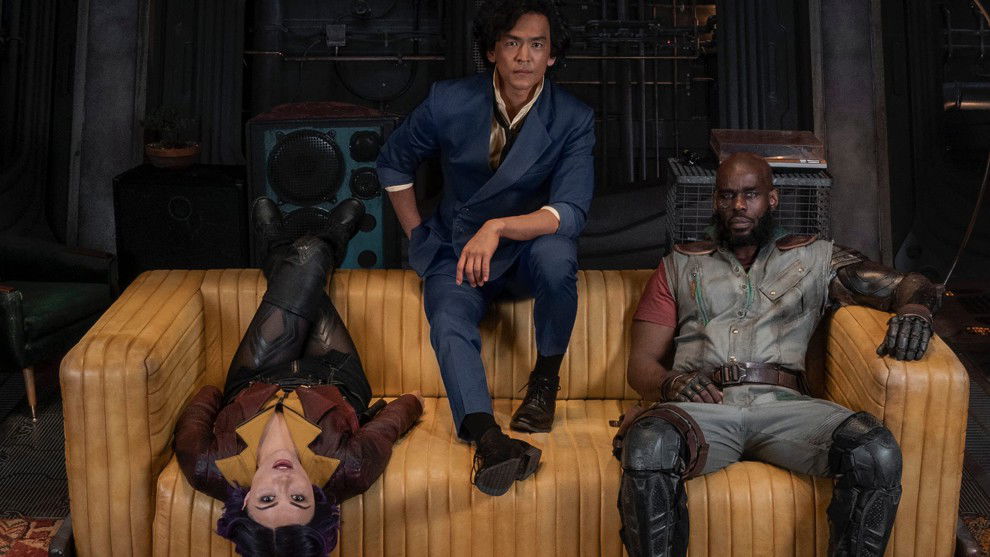
Is There a Way Out? Hopeful Examples
Not everything is lost. Even in this wide sea of reboots and recycled content, some adaptations show that we can still create something new, clever, and fresh.
Denis Villeneuve turned a book considered "impossible to adapt into a movie" (Dune) into a visually stunning sci-fi space opera, balancing bold aesthetics with plot accuracy.
Bones and All (Luca Guadagnino), based on the novel by Camille DeAngelis, combined horror, romance, and a coming-of-age story into a poetic, sensory-driven, and unsettling adaptation. It proves that strong writing decisions still have space in this industry.
As for The Queen's Gambit (Netflix), which was inspired by a 1983 novel, it showed us how a seemingly simple story can become stronger with striking aesthetics, sensitive directing, and an hypnotizing protagonist.
What do these works all have in common? An original vision, the mastery of the audio-visual language, and the courage to risk it. That's what we are missing.
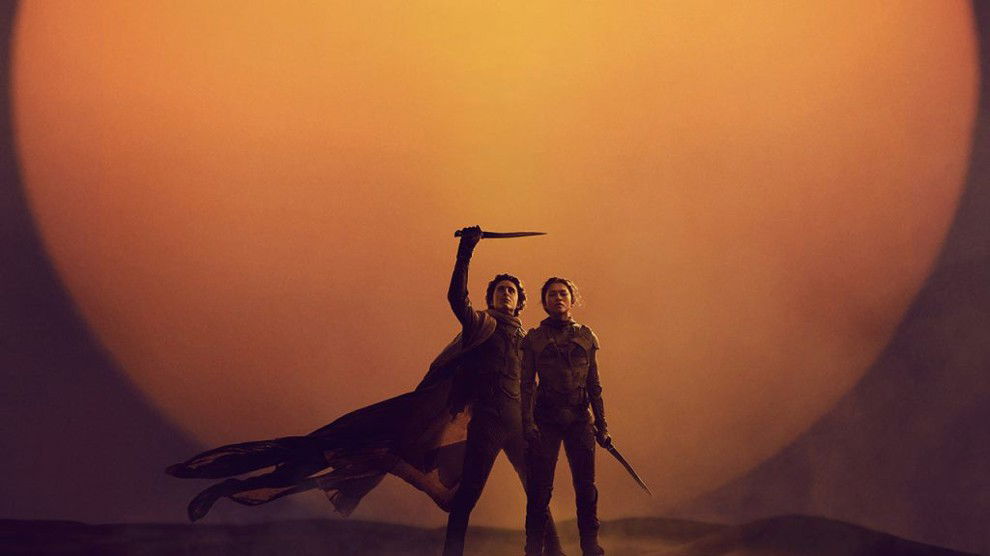
Final Words
Adaptations aren't the problem. Actually, they have always been a powerful bridge between worlds, capable of translating different languages, recreating universes, and making different audiences connect. The real issue isn't adaptations, but the way you do them.
Nowadays, many works are simply swallowed by a system that sees IPs as gold mines, ready to be explored until the last piece comes out. The urgent need to profit, anxiously trying to please everyone, and fear of failure leave little space for risk, innovation, and for really listening to the original material.
Adapting became a pretext to relive depleted franchises... So, perhaps the issue isn't in the stories, but in the way we chose to tell them.
Audiences aren't tired of adaptations. They're tired of the same old boring adaptations.
If there is something good adaptations can still teach us, it is that being truthful to the original material doesn't mean copying each scene perfectly, but rather capturing its real essence. And, to do that, you need to be brave and stray away from the beaten path.
If the big studios can't understand this, repetition will remain the symptom, and exhaustion, the answer.








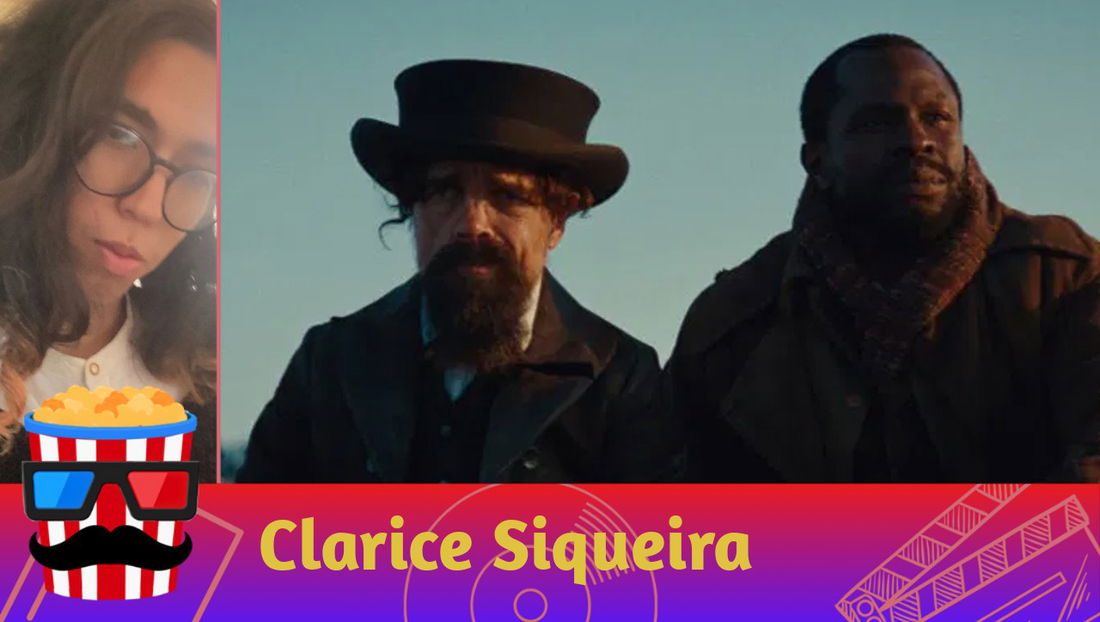
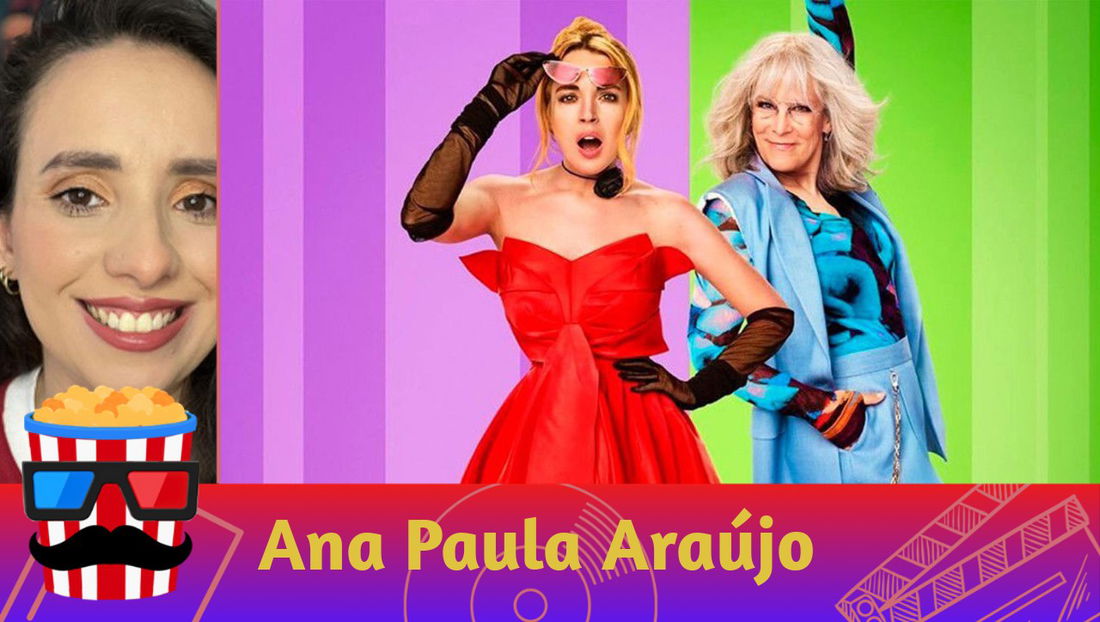



— Commenti 0
, Reazioni 1
Diventa il primo a commentare